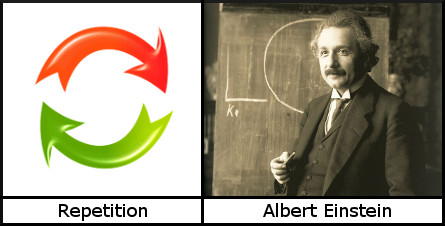Jane Austen? Apocryphal?
Question for Quote Investigator: The famous novelist Jane Austen wrote that when she was reading an enjoyable book she always found that it was too short. Would you please help me to locate this quotation?
Reply from Quote Investigator: Jane Austen was born in 1775, and she began to work on a novel called “Catharine or the Bower” when she was still in her teens in 1792. The incomplete work is part of her juvenilia.
The main character Catharine (Kitty) Percival has a friend named Camilla Stanley. The omniscient narrator states that Kitty is a “great reader, tho’ perhaps not a very deep one”. The judgment of Stanley is considerably harsher:
She professed a love of books without reading, was lively without wit, and generally good humoured without merit.
The pair discusses two novels: “Emmeline” and “Ethelinde” by a popular contemporary author. The following dialog begins with a question from Kitty and has a satirical edge. Emphasis added to excerpts by QI:1
‘And which do you prefer of them?’ ‘Oh! dear, I think there is no comparison between them—Emmeline is so much better than any of the others—’ ‘Many people think so, I know; but there does not appear so great a disproportion in their merits to me; do you think it is better written?’
‘Oh! I do not know anything about that—but it is better in every thing—Besides, Ethelinde is so long—’That is a very common objection I believe,’ said Kitty, ‘but for my own part, if a book is well written, I always find it too short.‘ ‘So do I, only I get tired of it before it is finished.’ ‘But did not you find the story of Ethelinde very interesting? And the descriptions of Grasmere, are not they Beautiful?’ ‘Oh! I missed them all, because I was in such a hurry to know the end of it’—.
Below are additional selected citations in chronological order.
Continue reading “Quote Origin: If a Book Is Well Written, I Always Find It Too Short”
